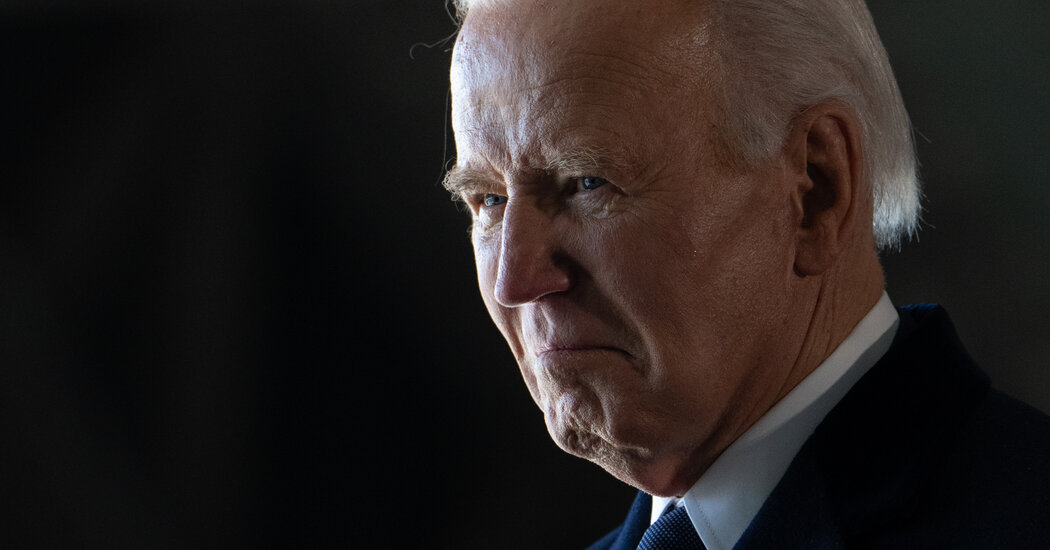For four years as president, and for almost a half-century more in public life, Joseph R. Biden Jr. professed an optimistic, ironclad belief in the strength of America’s democracy.
But in the final moments of his presidency, Mr. Biden struck an uncharacteristically pessimistic note. Minutes before his successor was sworn in, Mr. Biden pardoned five of his family members, condemning political attacks by Donald J. Trump and his allies and saying, “I have no reason to believe these attacks will end.”
Hours earlier, Mr. Biden had pardoned others targeted by Mr. Trump, including Gen. Mark A. Milley, Dr. Anthony S. Fauci and former Representative Liz Cheney.
“These are exceptional circumstances,” he said in a statement, “and I cannot in good conscience do nothing.”
It could not have been the coda that Mr. Biden imagined when he decided to make his third White House bid in 2019, telling friends and family that he felt compelled by Mr. Trump’s comments about the racial violence that had erupted in Charlottesville, Va.
That decision validated his decades-long pursuit of the presidency with a nail-biting victory in 2020 that ousted Mr. Trump from the Oval Office in the middle of the worst pandemic the nation had seen in 100 years. The political collision between the two men came to something of a close on Monday as Mr. Biden sought to prevent the retribution that he fears Mr. Trump might exact against his family.
Thank you for your patience while we verify access. If you are in Reader mode please exit and log into your Times account, or subscribe for all of The Times.
Thank you for your patience while we verify access.
Already a subscriber? Log in.
Want all of The Times? Subscribe.
